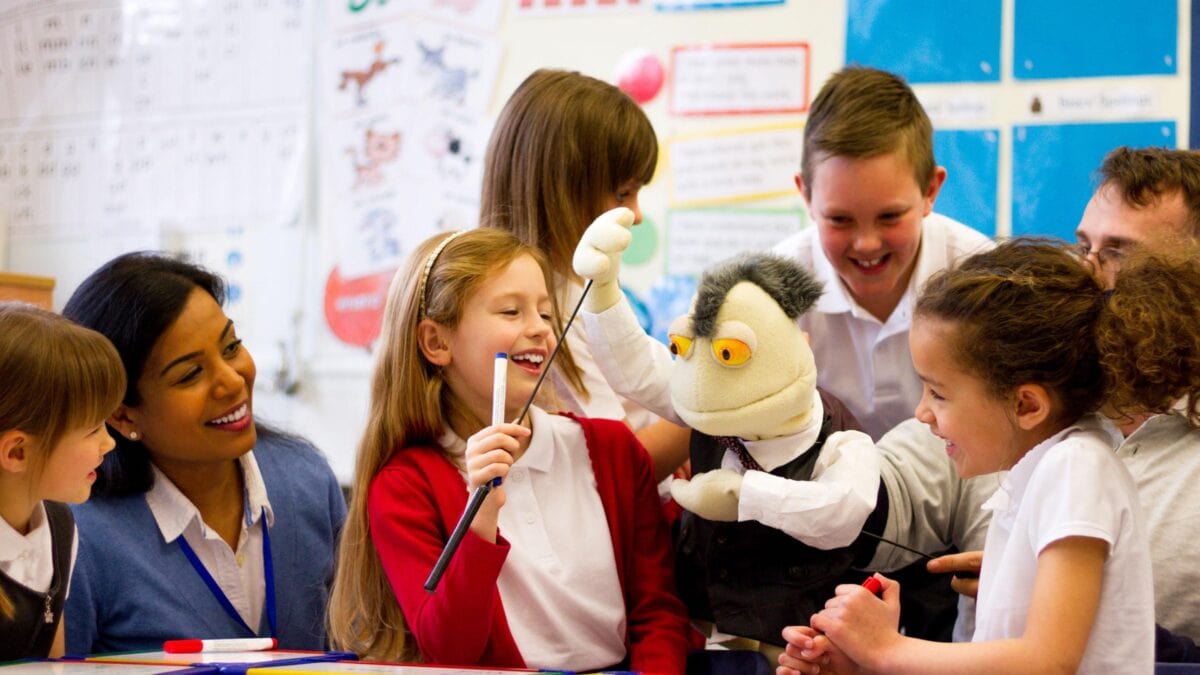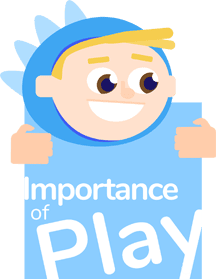What do Teachers Think about the Benefits of Play?

Francesca Woods, Trainee Educational Psychologist
In many European countries, September marks the start of a new academic year with children returning to school following a (hopefully) playful summer break. The evidence on the benefits of play to children’s development is widely accepted, yet despite this, there continue to be many barriers standing in the way of children accessing opportunities to play, particularly within education settings.
Where play is present in these settings, it is often instrumental play; structured by adults with specified outcomes. This type of play increases children’s motivation for learning and increases their acquisition of intended concepts. Free play, however, also has far reaching benefits, including the development of cognitive and social abilities. Furthermore, research evidence strongly supports the contribution of free play to positive mental health and resilience, which is particularly relevant at the current time when the UK government is focusing on children and young peoples’ mental health.
It’s well documented that teachers have a difficult role with many conflicting demands to manage. Despite the many pressures on them, research has shown that teachers’ professional beliefs can have a large impact upon their practices in the classroom. Between October 2016 and January 2017, we carried out a systematic review of the international research on teachers’ views on the benefits of play and the barriers to play that exist at the classroom level as highlighted by the teachers themselves.
The results of the review showed that teachers’ views on the benefits of play are varied, valuing play for many reasons, but primarily for academic and social gains. They also feel that inclusion is an important aspect of play. Teachers see multiple barriers to accessing play, including: parental expectations of school, and their views on play; expectations of senior management teams; prescribed curricular demands; and a non-enabling environment for specific play types, e.g. dramatic play. Teachers also find that evidence of learning through play situations is difficult to track, as such benefits are far-reaching.
Our literature review has demonstrated the high regard in which teachers hold play, however, teachers don’t work alone, and require systems that are supportive of their practice. As educational professionals, we all play a role in facilitating play, and this research provides important information on barriers to be aware of that exist at the classroom level. Whilst the research provides food for thought for all education professionals and policy makers, it also provides a platform for educational professionals to work creatively around barriers to play that may be encountered across the school and in the classroom.
Francesca Woods is a trainee educational psychologist employed within the North of England. She has carried out research into education professionals’ views on play, how schools can facilitate play and continues to advocate for the child’s right to play within her work.
